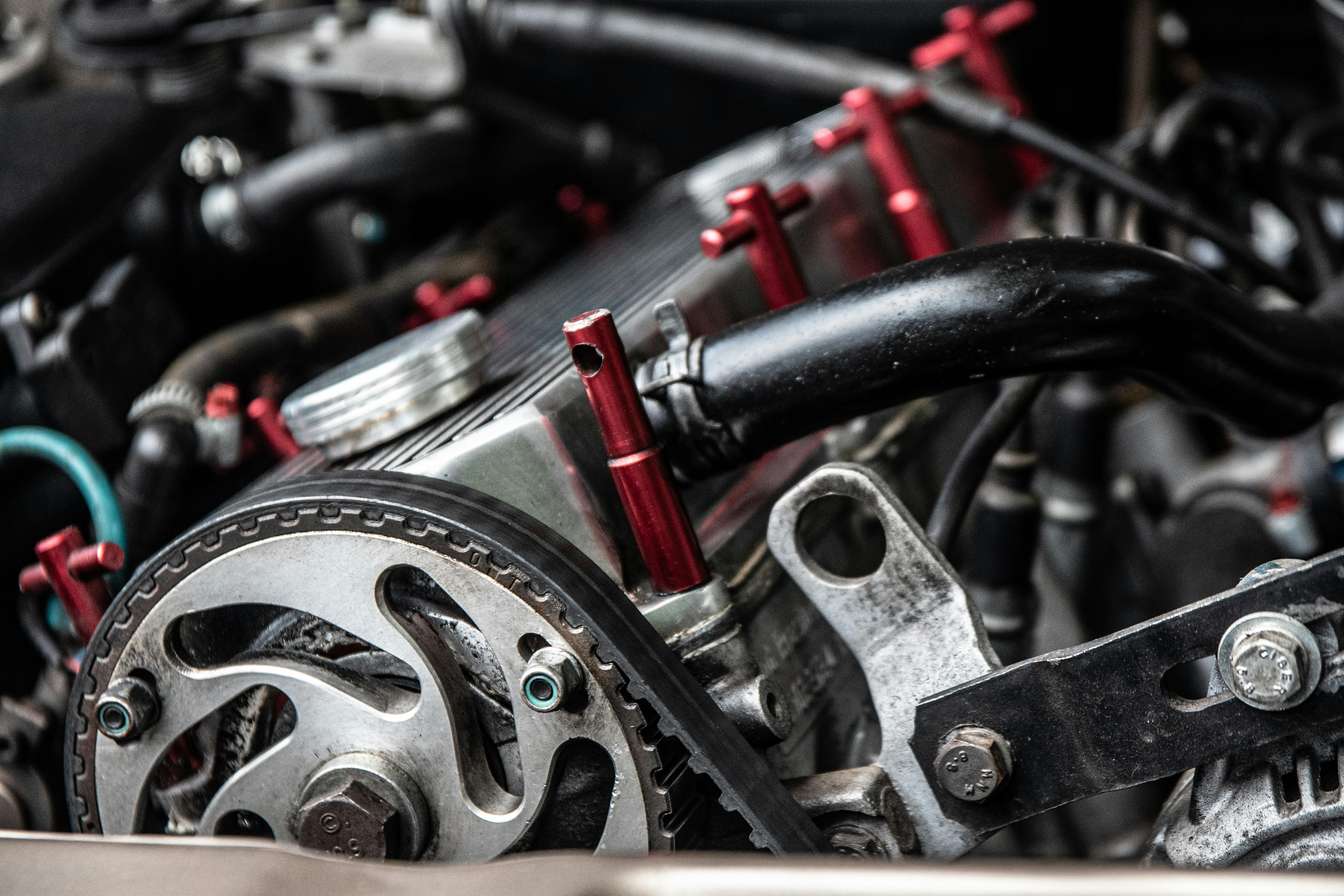Gooseneck trailers and fifth wheel trailers have many advantages over other types of trailers. However, they are not commonly used by rooks. These types of trailers can support the weight of the trailer. Trailers are also safe during towing.
Fifth wheel vs. Swan neck
Fifth wheel trailers are designed with the pivot point positioned over the rear axle of the vehicle rather than behind it. Therefore, a gooseneck trailer is a type of fifth wheel. The difference between a fifth wheel trailer and a gooseneck trailer is in their loading floors. The fifth-wheel load floor extends over the tractor frame, while the gooseneck load floor ends behind the bumper. The gooseneck is almost similar to other bumper trailers in that the cargo floor also ends behind the bumper. On a gooseneck hitch trailer, the trailer’s kingpin mounts at the end of a long truss instead of under the frame like a fifth wheel trailer. This is why the gooseneck can work with a standard truck bed instead of the bed that the fifth wheel requires.
Fulcrum effect.
The reasoning behind setting up a fifth wheel is based on the effect the weight of the trailer tongue has on the tractor. The truck’s frame acts as a see-saw when the load is placed on the rear bumper. This pushes the front wheels up while the fulcrum is represented by the rear axle. Eliminates rocker effect when moving the load contact point directly over the rear axle. This allows the weight of the trailer to be compressed by the rear axle springs instead of lifting the front end of the truck. Greater weight distribution is achieved when there is more weight in the front. This results in handling that is safe and predictable.
floor clarity
The way a seesaw works is that when one side has more weight, the other side goes down. This is very important when towing heavy loads. A trailer only compresses the springs on the rear axle a few inches when the load is full. When a heavy load is applied to the bumper, the drop in lift height must be added due to the fulcrum effect. This could cause hitch contact with the road. This is because a standard Reese hitch receiver has two to three inches hanging below the bumper. This causes an increased foothold effect on bumpy roads. This could be worse if a trailer leaning forward transfers more weight to the hitch, further amplifying the effect.
Low speed maneuvers
When you position the trailer kingpin near the center of the vehicle, parking and backing are affected. The trailer king pin acts as a steering axle. When you position the trailer kingpin away from the tow dolly’s steering axis, it responds slowly while backing up on the steering inputs. This will mean that you will have to back the towing equipment further. You also need to turn it harder so you can get the same trailer rotation if the pivot point is near the front. Fifth-wheel trailers do this very well, making parking and backing up a simple maneuver. Better than any bumper mounted trailer.
